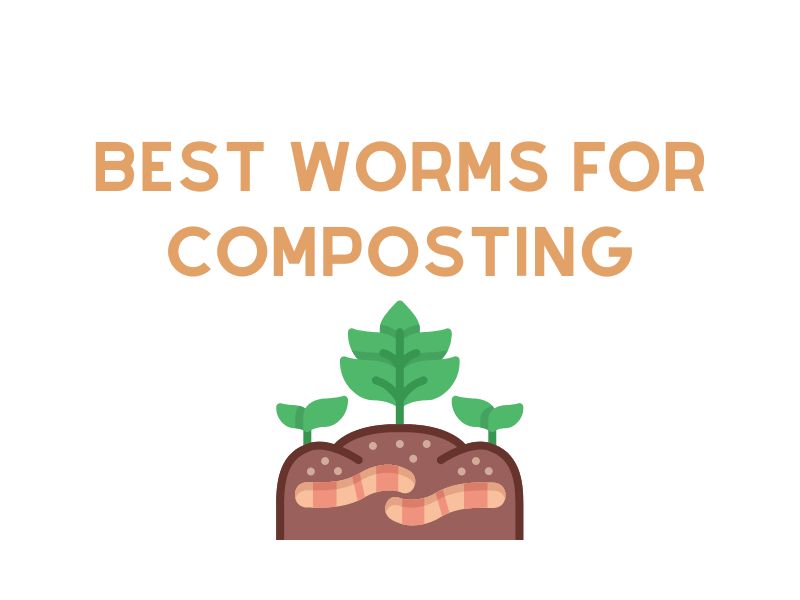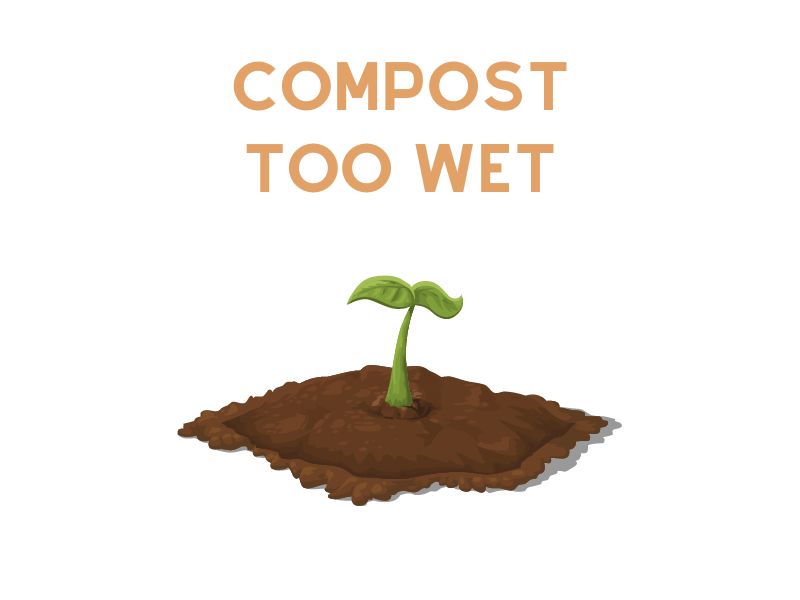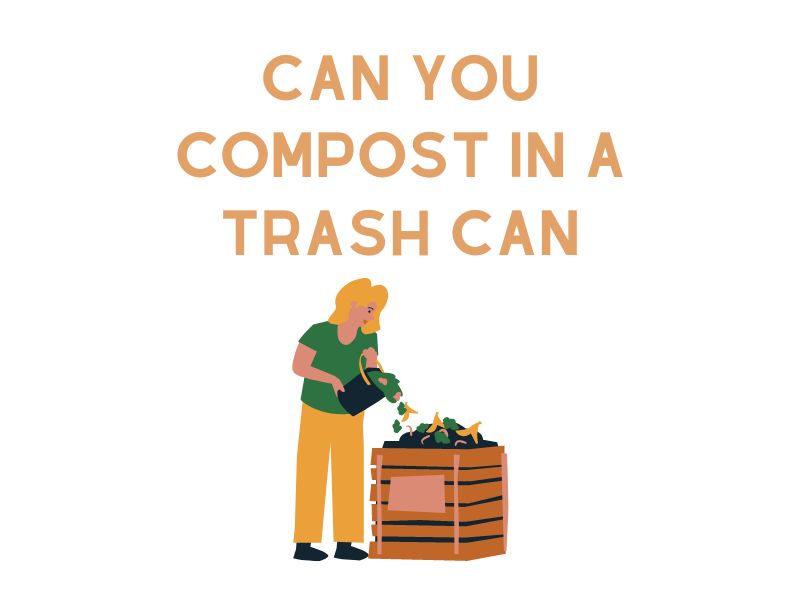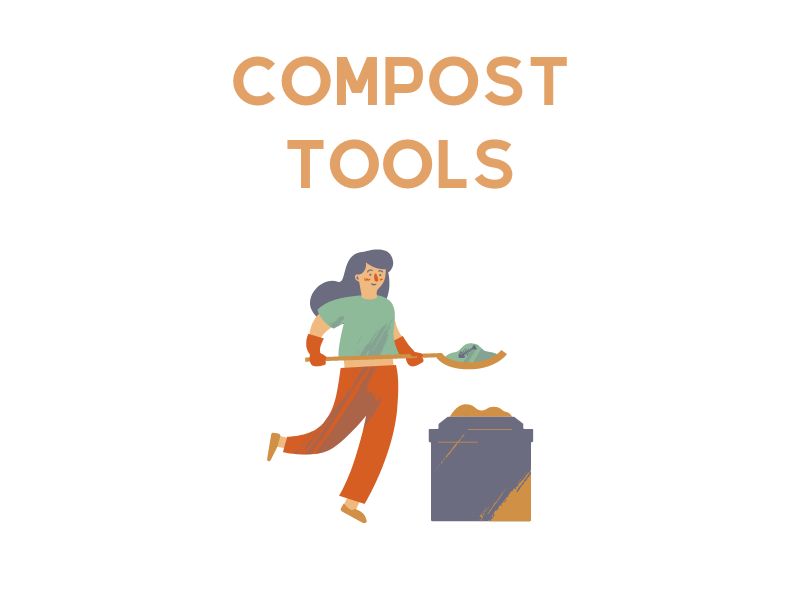Do you want to start composting but don’t know what type of worms to use? There are many different types of worms that can be used for composting, but some are better than others. In this blog post, we will discuss the best types of worms for vermicomposting and why they are so great for composting!
There are more than 6,000 species of earthworms, but not all of them are created equal when it comes to composting. The ideal earthworm for composting is known as the epigeic earthworm, which is native to Europe and North America. These earthworms live near the surface of the soil and feed on dead leaves and other organic matter. As they consume this material, they help to break it down into smaller pieces that can be used as nutrients by plants. In addition, epigeic earthworms also produce casts or manure, that is rich in nitrogen, phosphorus, and other essential plant nutrients. As a result, these earthworms play a vital role in the composting process and can help to create a healthy and productive garden.
What Type of Earthworms Are Suitable For Composting
Earthworms can be divided into three classes based on how they burrow and the environment that habitat. These include anecics (no capacity for expansion), endogeics (able to expand within their base), or epigeic (inhabit Karstic limestone).
Endogeic
Endogeic earthworms are a type of earthworm that burrows through the top layer of soil in search of food. Unlike other types of earthworms, endogeic earthworms do not create vertical tunnels. Instead, they create horizontal tunnels that help to aerate the soil and promote drainage. Endogeic earthworms also play an important role in decomposing organic matter, making them an essential part of the composting process. While all types of earthworms can be used for composting, endogeic earthworms are particularly well-suited for the task. Their horizontal tunnels help to aerate the compost pile and their appetite for organic matter helps to speed up the decomposition process. As a result, endogeic earthworms are an excellent choice for anyone looking to start a compost pile.
Anecic
Anecic earthworms are a type of earthworm that burrows deep into the ground, forming tunnels that help to aerate the soil and improve drainage. Anecic earthworms are also sometimes known as “nightcrawlers” due to their nocturnal habits. These worms are an important part of the ecosystem, and they can be beneficial for gardens and lawns. However, anecic earthworms are not suitable for composting. This is because they do not consume organic matter, instead, they only eat mineral-rich soil. As a result, anecic earthworms will not break down compostable materials such as food waste or garden Waste. If you’re looking for a worm to add to your compost bin, you should choose a different type of earthworms such as a red wriggler or a tiger worm.
Epigeic
Epigeic earthworms are worms that live on the surface of the soil. They are often found in gardens and compost bins, where they help to break down organic matter. These worms are particularly well-suited for composting, as they are able to thrive in moist environments. Furthermore, they help to aerate the compost, which is essential for healthy plant growth. While epigeic earthworms are beneficial for gardeners, it is important to note that they should not be used as bait for fishing. These worms are an important part of the ecosystem and their removal can cause serious damage to the environment.
Common Worm Species for Vermicomposting
There are a number of different worm species that can be used for worm composting. The most common types of worms include Red wigglers (Eisenia fetida), European nightcrawlers (Eisenia hortensis), African nightcrawlers (Perionyx excavatus), Indian or Malaysian Blue (Perionyx excavatus), The Alabama or Georgia Jumper (Amynthus gracilus).
1. Red wigglers
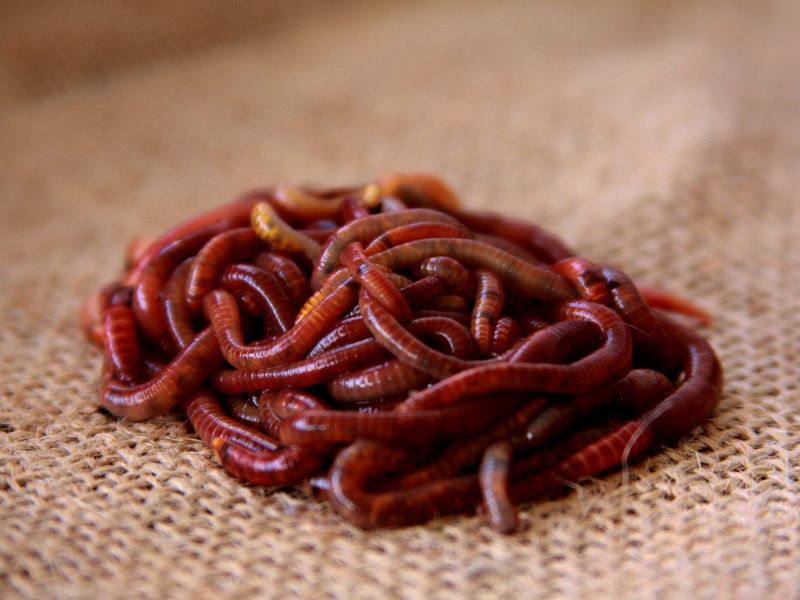
Red wigglers (Eisenia fetida): They are well-suited for this purpose because they are able to break down organic matter quickly and effectively. In addition, red wigglers are relatively easy to care for, and they do not produce offensive odors. As a result, they are a popular choice for those who want to compost at home.
2. European nightcrawlers
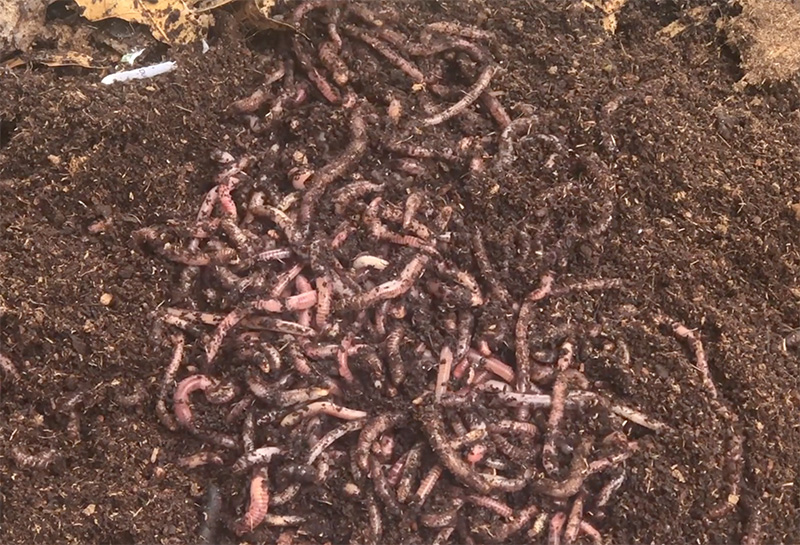
European nightcrawlers (Eisenia hortensis): These worms are larger than red wigglers and have a grey or brown coloration. European nightcrawlers are typically found in forested areas where they help decompose leaves and other organic matter. These worms are also good for worm composting as they are able to reproduce rapidly and tolerate a wide range of temperatures and moisture levels.
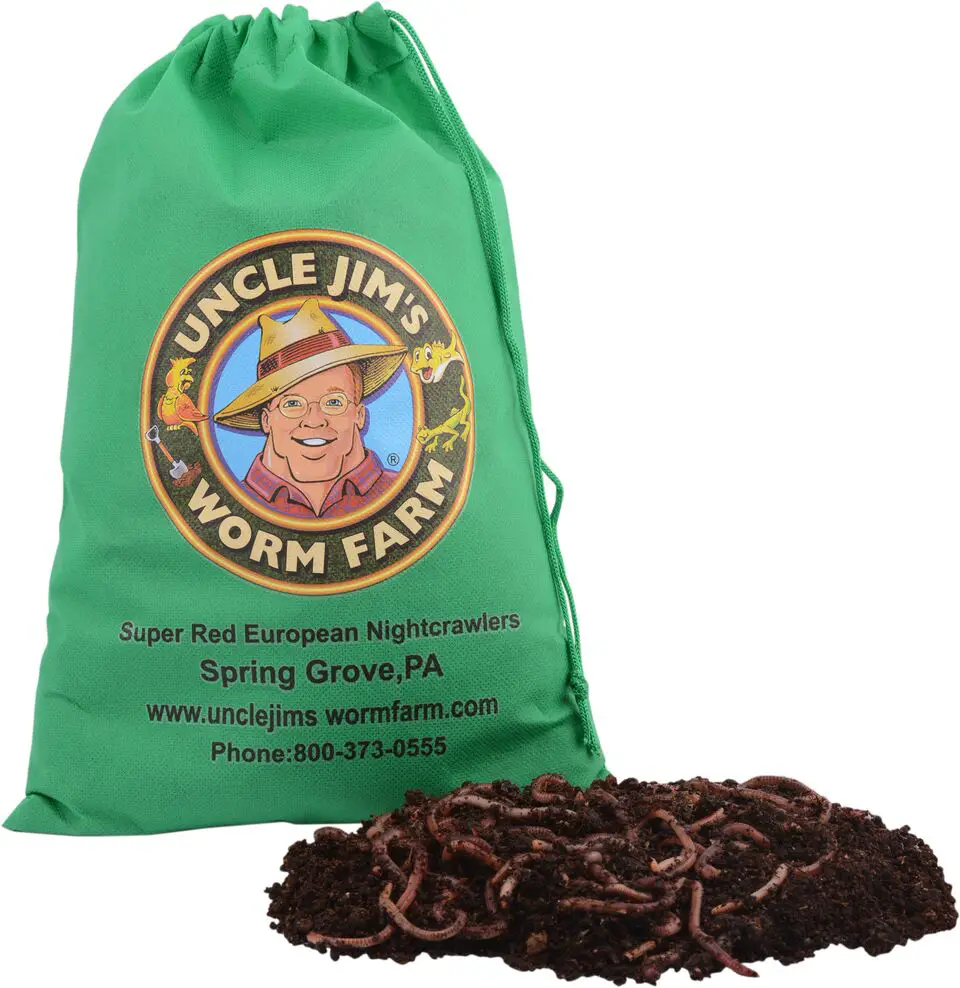
Super Reds European Night Crawlers
- Easy to raise
- Grows to 4-5″ in length (2 to 5 times bigger then regular redworms just as active)
- Heat and Cold Resistant
- Breeds quickly
- Perfect fit for any compost bin or pile
- Excellent fish bait
3. African nightcrawlers
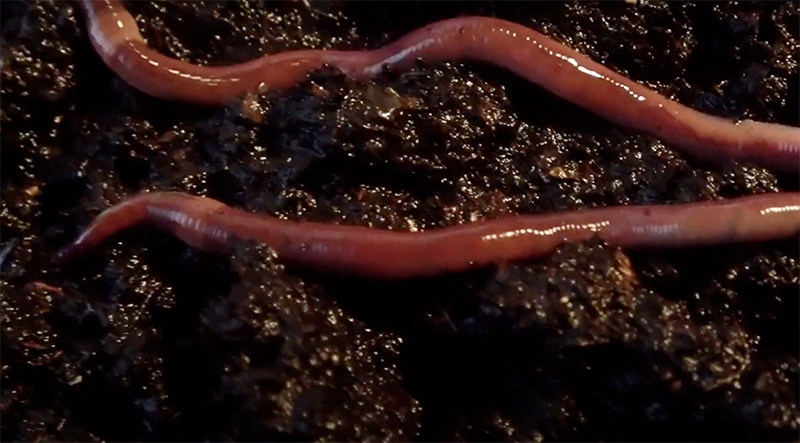
African nightcrawlers (Perionyx excavatus): These are a type of earthworm that is native to sub-Saharan Africa. They are commonly used as bait, but they also have a number of other uses. African nightcrawlers are often added to compost piles because they help to aerate the soil and break down organic matter. They are also used in worm composting. African nightcrawlers are well-suited for composting because they can tolerate a wide range of temperatures and moisture levels.
4. Indian or Malaysian Blues
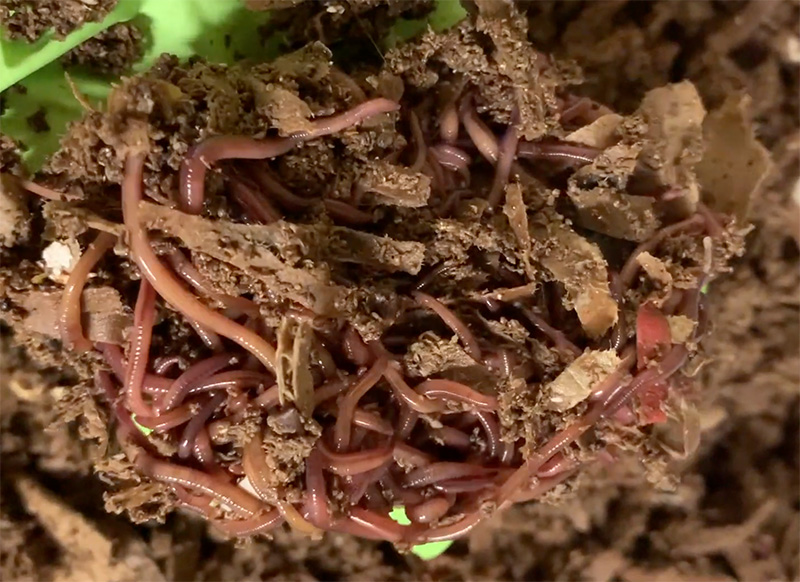
Indian or Malaysian Blue worms (Perionyx excavatus): These are species of earthworm that is native to Southeast Asia. These worms are often used for composting, as they are very efficient at breaking down organic matter. The worms are also relatively easy to care for, and they reproduce quickly. However, there are some drawbacks to using these worms for composting. One issue is that the worms are adept at escaping from their enclosures. This can be a problem if the worms get into the wrong environment, as they may not be able to survive. Additionally, these worms prefer warm climates, and they may not do well in cooler regions. Overall, blue worms can make excellent composters, but it is important to be aware of their potential drawbacks.
5. Alabama Jumpers
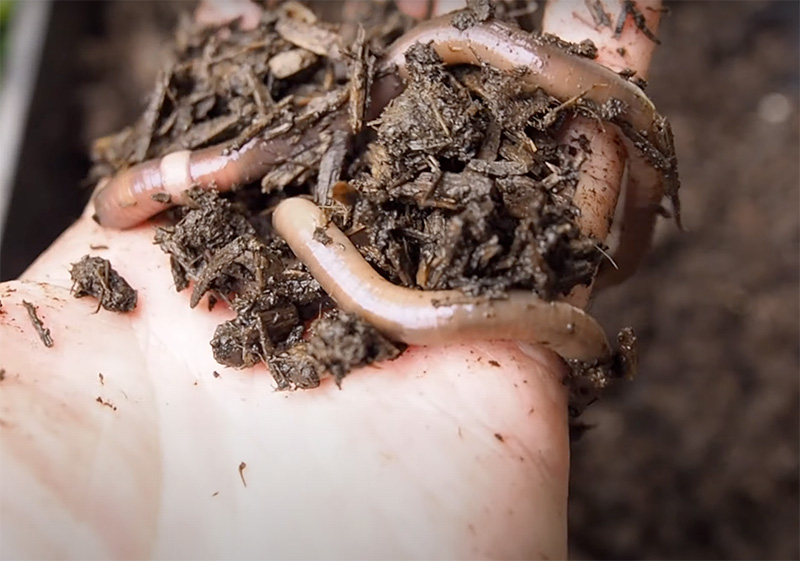
Alabama Jumper Worms (Amynthus gracilus): These earthworms are native to the southeastern United States, and they are well-suited for composting. They are tolerant of a wide range of temperatures and moisture levels, and they consume a variety of organic matter. Alabama jumpers reproduce quickly and can achieve high population densities. However, these worms have the poor burrowing ability, so they may not be ideal for all composting applications.
Why Red Wigglers Are The Best Choice For Vermicomposting
Red wigglers are one of the most popular choices for worm composting, and it’s easy to see why. These small worms are incredibly efficient at breaking down organic matter, and they reproduce quickly. As a result, they can turn a small amount of food waste into rich compost in a relatively short period of time. In addition, red wigglers don’t require a lot of space or special care. They can be easily maintained in a small container, and they don’t mind being around other animals or children. As long as they have access to food and moisture, red wigglers will happily live and work in your home. For these reasons, it’s no wonder that so many people choose red wigglers for their vermicomposting needs.
Conclusions
There are a lot of different types of worms that can be used for vermicomposting, but red wigglers are definitely the best. They’re easy to care for, they don’t take up much space, and they’re incredibly efficient at breaking down organic matter. If you’re looking to start worm composting, be sure to get yourself some red wigglers! You won’t regret it.
Thanks for reading! I hope this has helped you decide which type of worm is right for you. If you have any questions or comments, please feel free to leave them below. Happy composting!
FAQs About Worms For Composting
Are Garden Worms Good for Compost?
Garden worms are actually a great addition to your compost pile! They help aerate the soil and break down organic matter, making it easier for plants to access the nutrients they need.
How Many Worms Should I Get for Composting?
A good rule of thumb is to start with one pound of worms for every square foot of composting space. So, if you’re planning on composting kitchen scraps in a bin that’s four square feet, you’ll need about four pounds of worms.
You can always add more worms later if you find that your compost pile isn’t breaking down as quickly as you’d like.
Where Can You Buy Worms for Compost?
You can buy worms for composting online or at your local garden center. If you’re buying them online, make sure to do your research and choose a reputable seller.
Is It Worth Buying Worms For Compost?
Worms for composting can be a great investment, especially if you’re interested in vermicomposting. Worms help speed up the composting process and produce high-quality compost.
If you have the space and are willing to put in a little extra effort, worms for composting can be a great way to reduce your kitchen waste and improve your garden soil.

